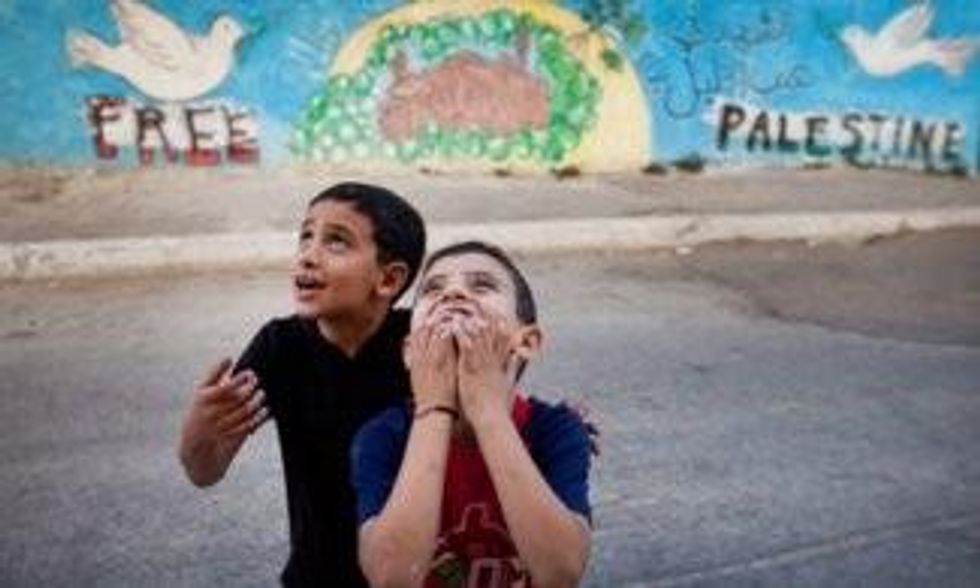Opportunities to break seemingly intractable and deadlocked situations are rare - especially on a scale which has rapidly developed this year from the beleaguered cries of citizenry across North Africa and the Middle East. There is a palpable consensus that the provenance of this movement is lodged firmly in the fundamental prerequisite for meaningful democracy: self-determination. All conventions on human rights have this tenet as a core rationale. Where it is repeatedly denied and suppressed there will never be peace or justice, let alone stability.
On Saturday the Russell Tribunal on Palestine will open its third session: after Barcelona and London, this session will take place in South Africa, the location of a seminal struggle for self-determination by a community oppressed by apartheid. Partly as a result of this courageous and persistent protest by thousands of ordinary people, who were regularly demonised as terrorists by political opponents within the South African regime (and by certain world leaders, including the UK's), there was a concerted international effort to bring international law to bear upon an entrenched position.
Between 1948 and 1990, the UN regularly condemned apartheid as a crime. The South African regime paid little or no attention to such censure. The pressure for change, however, could ultimately not be contained. There is no doubt that this could not have been achieved without the consensus of international support. Major factors in the turning tide were the roles played by the convention on suppression and punishment of the crime of apartheid, and the resolutions by the general assembly (1966) and the security council (1984) to categorise apartheid as a crime against humanity.
This has been replicated in the Rome statute 2002 article 7(1), where it is described as "inhumane acts carried out in the context of an institutionalised regime of systematic oppression and domination by one racial group over any other racial group and committed with the intention of maintaining that regime". This is a crime engaging universal jurisdiction.
The evidence, the intrinsic features, the painful experience of what is involved in the practice of apartheid are still reverberating indelibly in the minds of the people of South Africa, some of whom will be called before the tribunal, alongside reputable experts. There are, of course, racial groups in other parts of Africa and elsewhere which will recognise the same pattern of suppression.
We have visited Israel/Palestine on a number of occasions and every time have been struck by the similarities with the South African apartheid regime. The separate roads and areas for Palestinians, the humiliation at roadblocks and checkpoints, the evictions and house demolitions. Parts of East Jerusalem resemble what was District Six in Cape Town. It is a cause for abiding sadness and anguish. It revolves around the way in which the arrogance of power brings about a desensitisation. Once this has occurred it permits atrocious acts and attitudes to be visited on those over whom power and control are exercised. What such people are doing to themselves just as much as their victims should also be of concern.
As part of a South African religious delegation to Israel in the 1980s, Michael Nuttall, the bishop of Natal, pointed out that there were things happening in Israel that did not even happen in South Africa - forms of collective punishment. This has special resonance in the light of Richard Goldstone's attempt to pre-empt the tribunal in the New York Times this week by an assertion that nothing in Israel comes close. His analysis is simplistic. No one is suggesting the two situations are identical.
These are all matters the tribunal will be assessing in order to ascertain what parallels and comparisons can be drawn. Whatever they may be, the ultimate objective is to consider the Israel-Palestine situation on its own facts and apply the norms of international law to identify three major issues. Have there been violations? If so, what are they and who is responsible? And thirdly, what are the legal ramifications and processes which should ensue? It is hoped that this process may contribute and not detract from the urgent need to progress understanding and peace, truth and reconciliation.


